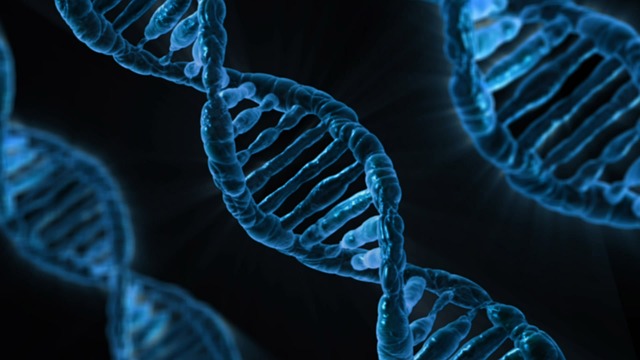Rogue Genes may cause ALS
A recent study has found that Rogue Genes may cause ALS in patients with no family history of the disease. Up to 90% of ALS patients say they have no family history of the disease, according to the study.
Symptoms of ALS include:
- Tripping and falling
- Loss of motor control in hands and arms
- Difficulty speaking, swallowing and/or breathing
- Persistent fatigue
- Twitching and cramping
“You can’t tell familial ALS from sporadic ALS by the symptoms or how the disease develops, but it is also complicated to determine whether a person has inherited the genes for the disease,” said Dr Summer Gibson, of the University of Utah School of Medicine.
‘Harmful’ gene may be the culprit
“In some families, people may die of other causes before ALS develops, they may be misdiagnosed or in today’s small families it’s possible that few family members inherit the genes that cause the disease,” Gibson explained.
This study included 87 ALS patients with no known family history of the disease and a control group of 324 people without ALS. When researchers looked at each person’s genes, they found the ALS patients were more than four times as likely as those in the control group to have rare and likely harmful gene variants – 17% versus 4%.
“Our results highlight that genetic factors play a significant role in the disease, which is important in an era of genetic-focused treatments,” Gibson said in a journal news release.
“It is possible that a larger percentage of sporadic ALS cases have a genetic component. It will take more research to discover other possible genetic triggers and to further define possible non-genetic factors that may play a role in causing ALS as well,” Gibson concluded.

